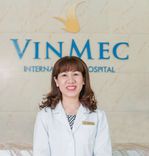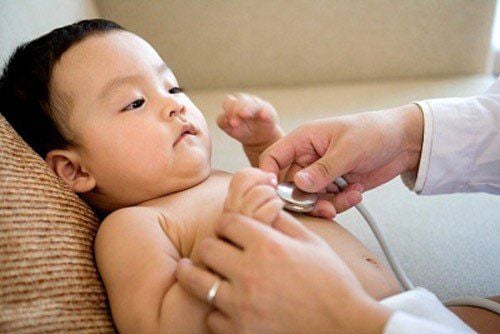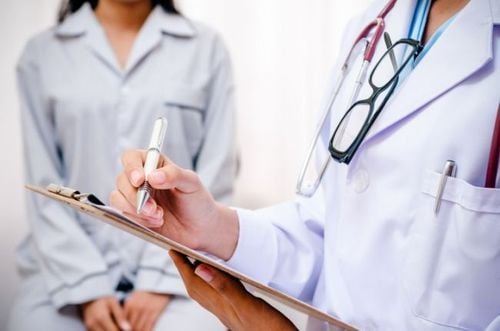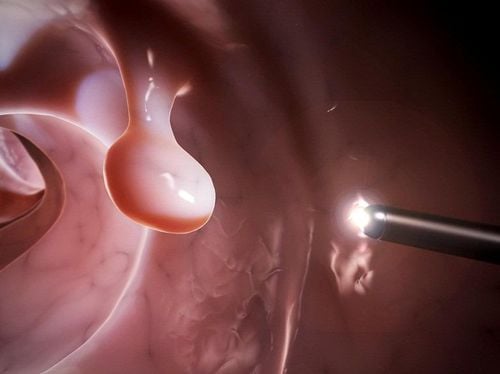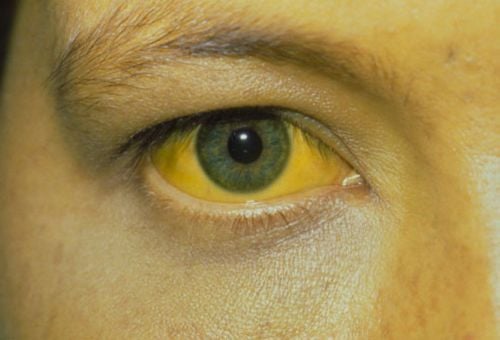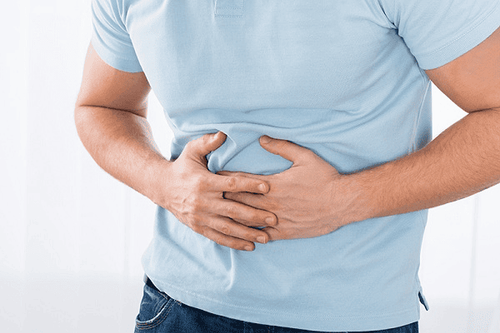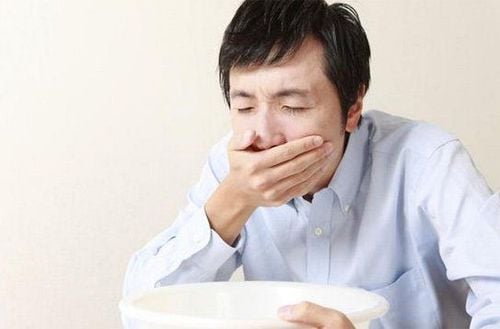This is an automatically translated article.
The article is professionally consulted by Doctor Vo Thi Thuy Trang - Gastrointestinal Endoscopy - Department of Medical Examination & Internal Medicine - Vinmec Da Nang International Hospital.Colon polyp removal, although performed by modern techniques, still has a risk of recurrence if the patient does not have a healthy lifestyle.
1. How long do you need to stay in the hospital for colon polyp removal?
Because the polypectomy procedure uses anesthesia, the patient needs a short time to wake up. After that, the patient is given a light meal after the endoscopy and rests and then goes home the same day. To ensure patient safety, it is important to note that you should not drive vehicles by yourself after endoscopy or surgery.For cases of malignant colon polyp removal and the number of 3 or more, size > 1cm or some other rare cases, the patient must be hospitalized for at least 1-2 days for monitoring. The purpose of the hospital stay is to perform diagnostic biopsies and to monitor the growth of colon polyps as well as some existing complications. However, patients should not be too worried because the hospital stay is not long and the recovery time is about 2 weeks.
2. Notes after removing colon polyps
In order to recover soon and prevent colon polyps from recurring, the patient should follow these instructions after discharge from the hospital: If you are traveling, you should be accompanied by a family member. Use the medicine as directed by the doctor. After the polyp is removed, the patient should rest, avoid heavy work, and avoid exercise. Eat soft, liquid, easily digestible foods. It is best to puree porridge with vegetables within 3 days) then eat 5-6 meals/day Break down meals for easier digestion Drink lots of water, eat lots of high-fiber vegetables help soften stools, avoid constipation Limit straining when defecating Avoid using spicy, hot, greasy foods... Do not use drugs that affect blood function such as aspirin, pain relievers, etc. ibuprofen, naproxen for 2 weeks after the scan without consulting your doctor. Acetaminophen / Paracetamol pain relievers should only be used. In case of pain, absolutely do not use drugs that affect blood function such as aspirin, pain relievers with ibuprofen, naproxen for 2 weeks after the endoscopy. Only Acetaminophen / Paracetamol pain relievers should be used. If you have colon polyps, you should have a colonoscopy once a year. Relatives of the patient should have a colonoscopy if > 50 years old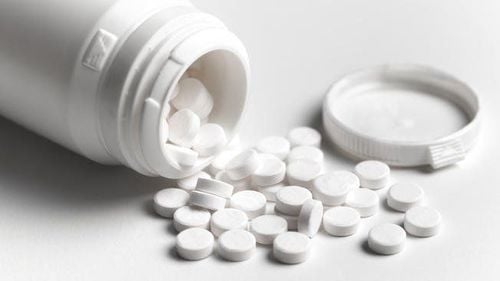
3. What should I eat after removing colon polyps?
Immediately after performing colon polyp removal, you should not eat any food, but only drink a few spoons of water, every 1-2 hours. Even on the 2nd and 3rd day, they still did not eat, but only increased their daily water intake.After that, the patient begins to fuel the body with milk drinks and some soft foods. Suitable foods during this time are soft stews, soups or soups. Should divide into many small meals so that the colon does not have to work much, the wound heals faster.
After a few weeks, you can eat porridge, noodles, dumplings... During this time, you should eat a lot of solid foods, the protein content is just enough for the body, low in fiber, eat less one and divide into many. meal.
Note that you should limit or avoid eating certain foods while having colon polyps and after removing polyps such as:
Foods that contain a lot of spices such as sour and spicy, with preservatives. Alcoholic beverages such as beer, coffee, tea and other caffeinated beverages. Grilled and fried foods with a lot of fat, hot spicy foods that are difficult to digest. Animal fat.
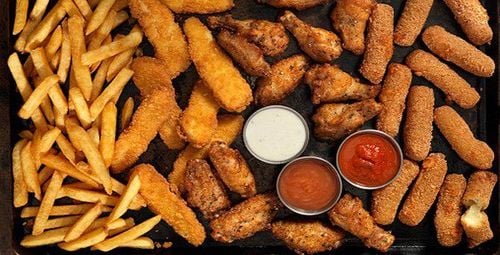
4. Unusual symptoms after colon polyp removal
Usually after colon polyp removal surgery, the patient's health will gradually recover. With small polyps, the foot of the cut will heal on its own within a week. Larger polyps that have a polyp leg loop before cutting, the clip or clip will leave the cut on its own in about 5-7 days from the day of the procedure. However, if there are abnormal manifestations such as:Abdominal pain, bleeding or a large amount of rectal discharge Fever, dizziness, nausea, vomiting Anal edema Cough, shortness of breath, The chest is distended or tight... If the stool is bloody or black, the patient should immediately go to a medical facility with a specialist in gastroenterology, hepatobiliary disease for timely treatment.
Specialist Doctor I Vo Thi Thuy Trang is trained in gastroenterology, hepatobiliary tract and gastrointestinal endoscopy; continuously updated and received advanced endoscopic training from professors and endoscopy experts from Switzerland and Japan; participated in many domestic and international gastroenterology and endoscopy conferences.
Please dial HOTLINE for more information or register for an appointment HERE. Download MyVinmec app to make appointments faster and to manage your bookings easily.
Article referenced source: Pasteur Institute